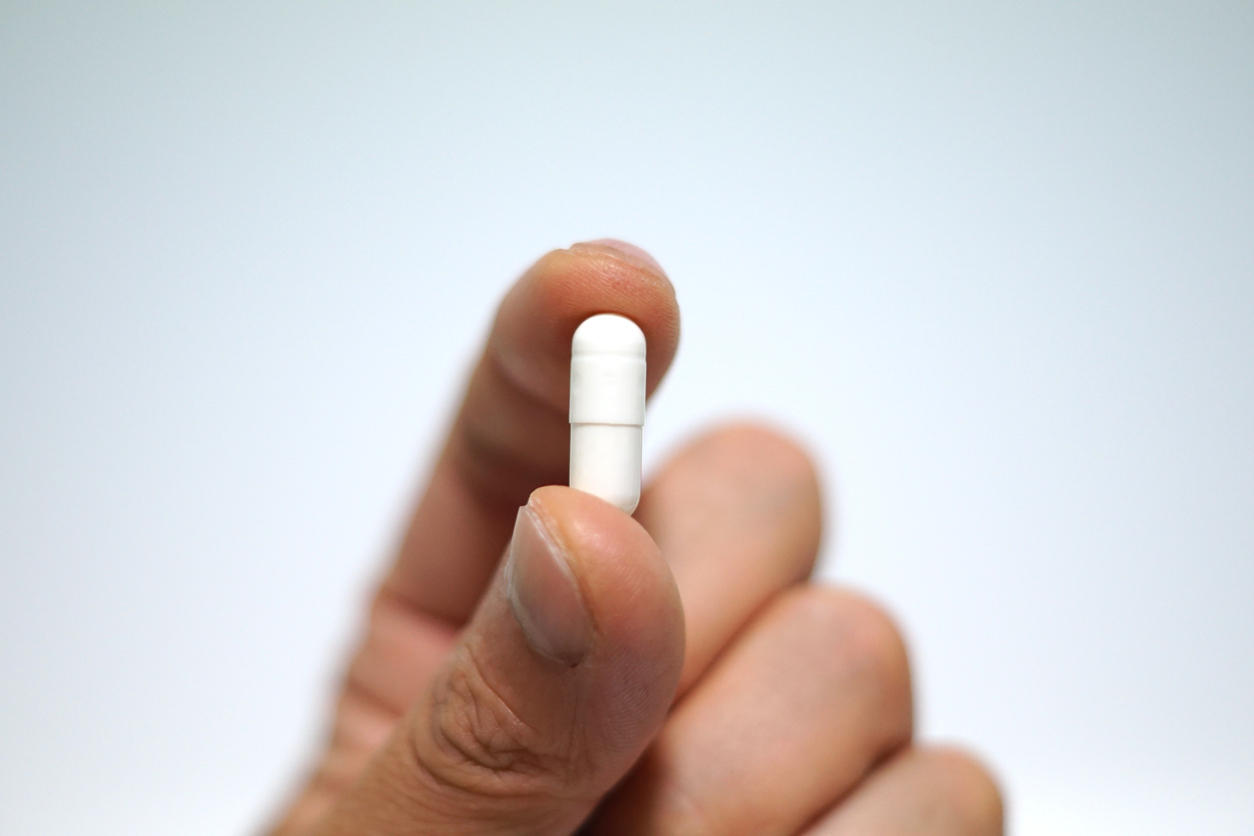
In a historic move on Monday, the U.S. Food and Drug Administration announced its first release of the drug cannabidiol (CBD) for specific ailments.
FDA commissioner Scott Gottlieb, M.D. outlined the steps and measures the federal agency has taken to approve a derivative of “medical marijuana” to the public, stressing heavily on research, compliance with state and federal agencies, and clinical trials.
The purified form of CBD, under the name Epidiolex, will be used to treat seizures that stem from two rare and severe forms of epilepsy for patients 2 years and older: Lennox-Gastaut syndrome and Dravet syndrome.
CBD is one of the 80 active chemicals found in marijuana. Epidiolex will not contain THC, the psychoactive element of marijuana that makes people feel high.
While he touched on the benefits of the new drug, Gottlieb also made it a point to center the focus on well-controlled clinical trials being the reason purified CBD is able to hit the market in the first place.
In his statement, Gottlieb said, “This product approval demonstrates that advancing sound scientific research to investigate ingredients derived from marijuana can lead to important therapies.”
Gottlieb made a call to product developers who want to advance medical marijuana to the regulated public sphere through “appropriate drug development programs.” He cited an accordance with the FDA’s drug approval process and clinical trials is of utmost importance.
The research process aims to understand in what context products are safe and effective, while decreasing toxicity and risk. This includes particular conditions, proper dosage, how it may interact with other drugs and populations, or whether the researched drug has side effects.
“And it’s because of this careful, scientific and evidence-based evaluation by the FDA that health care providers can rely on having a quality product that delivers a consistent, uniform dose of an effective medication that is able to deliver a predictable treatment to patients,” he said.
At this point it is unclear whether incorporating marijuana-derived products to the market through FDA approval will change its classification from Schedule I substance to a lesser classification. Currently marijuana is placed in the same category of drugs like MDMA and heroin.





